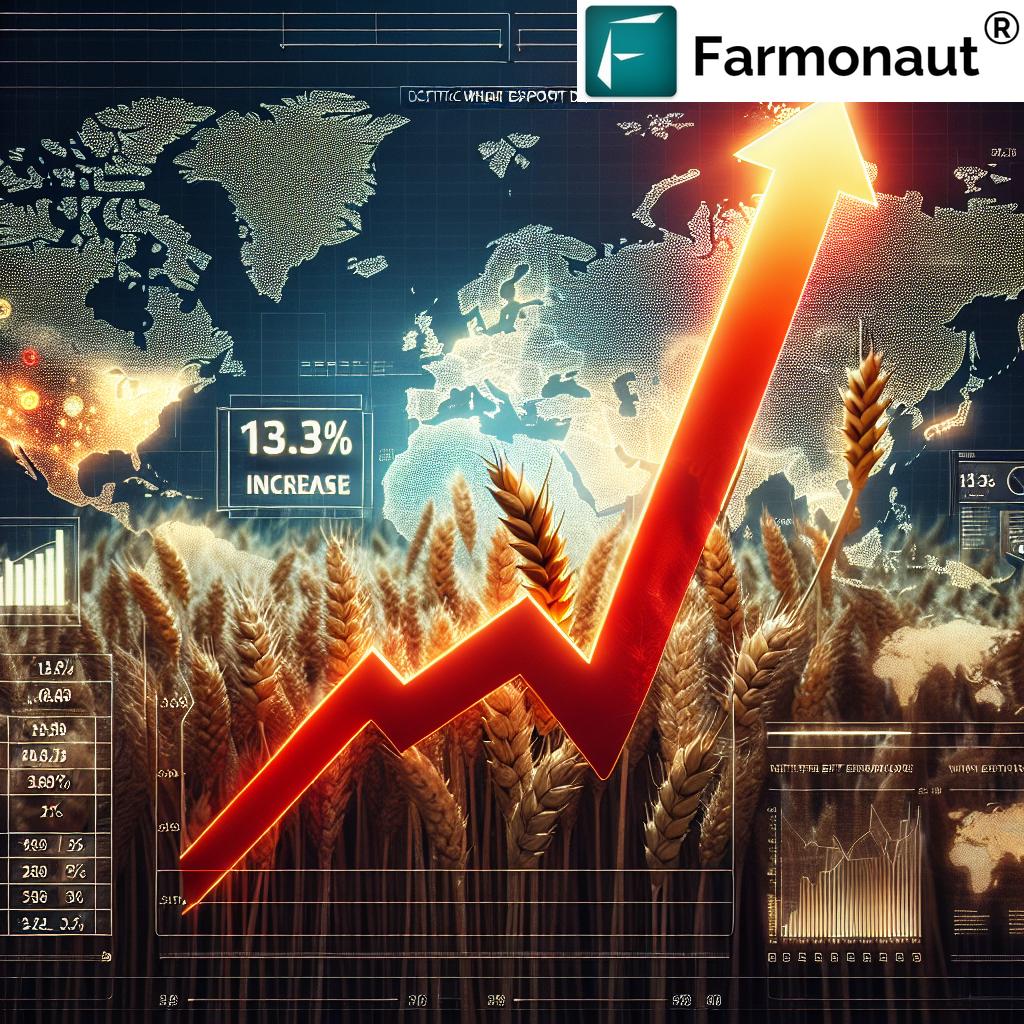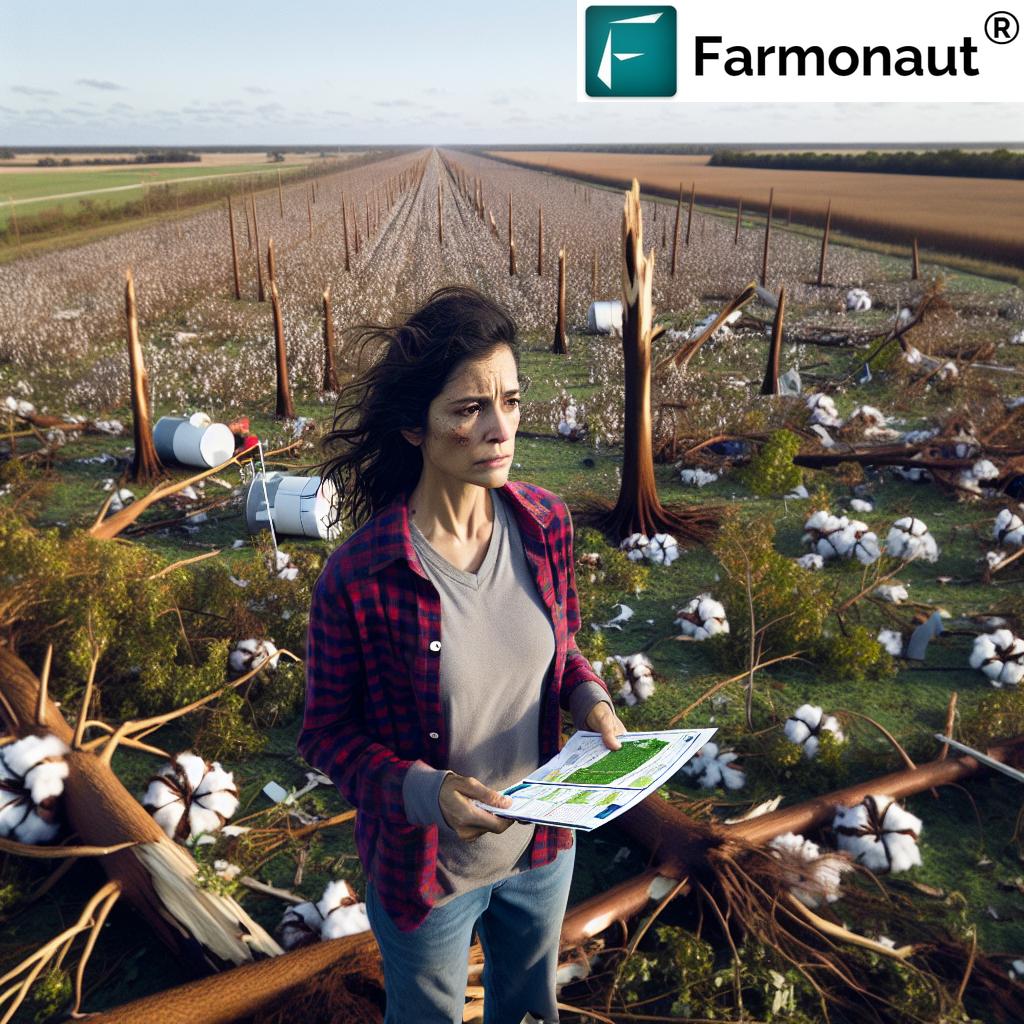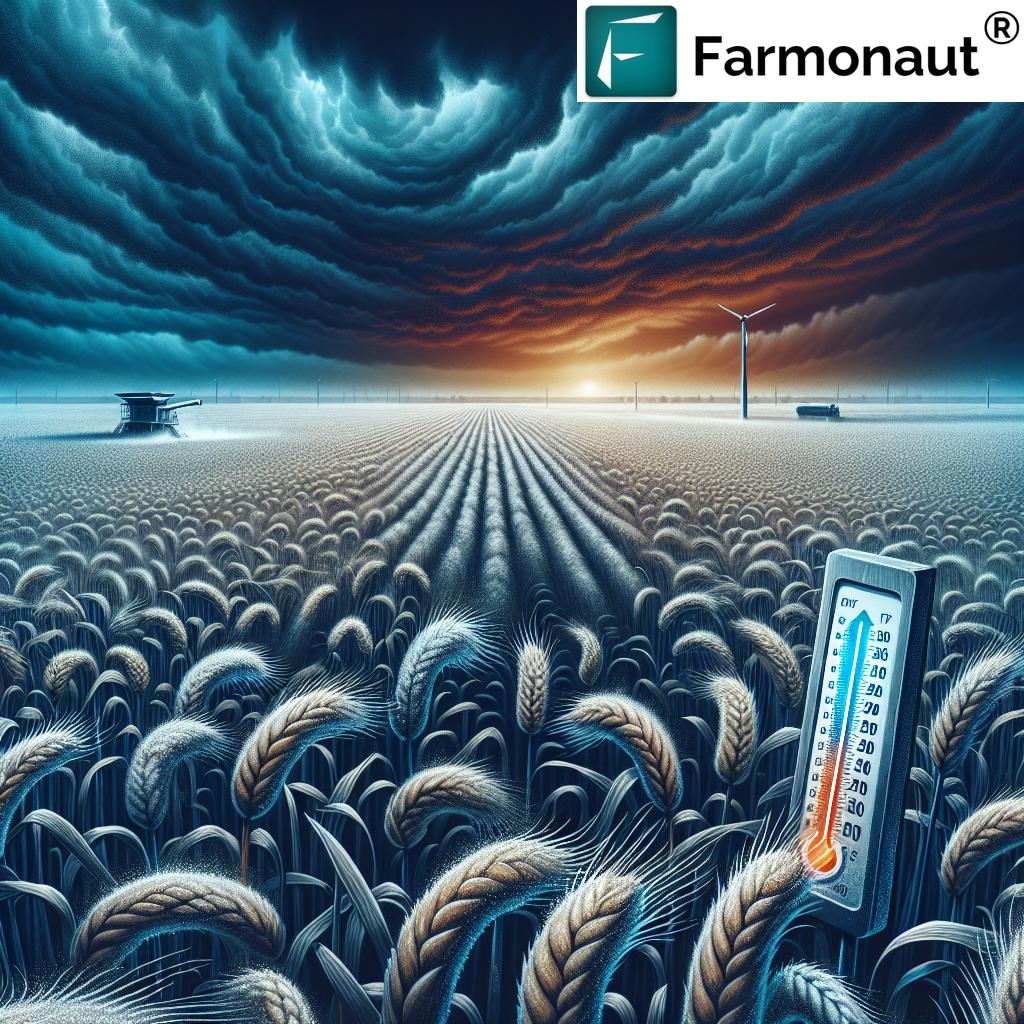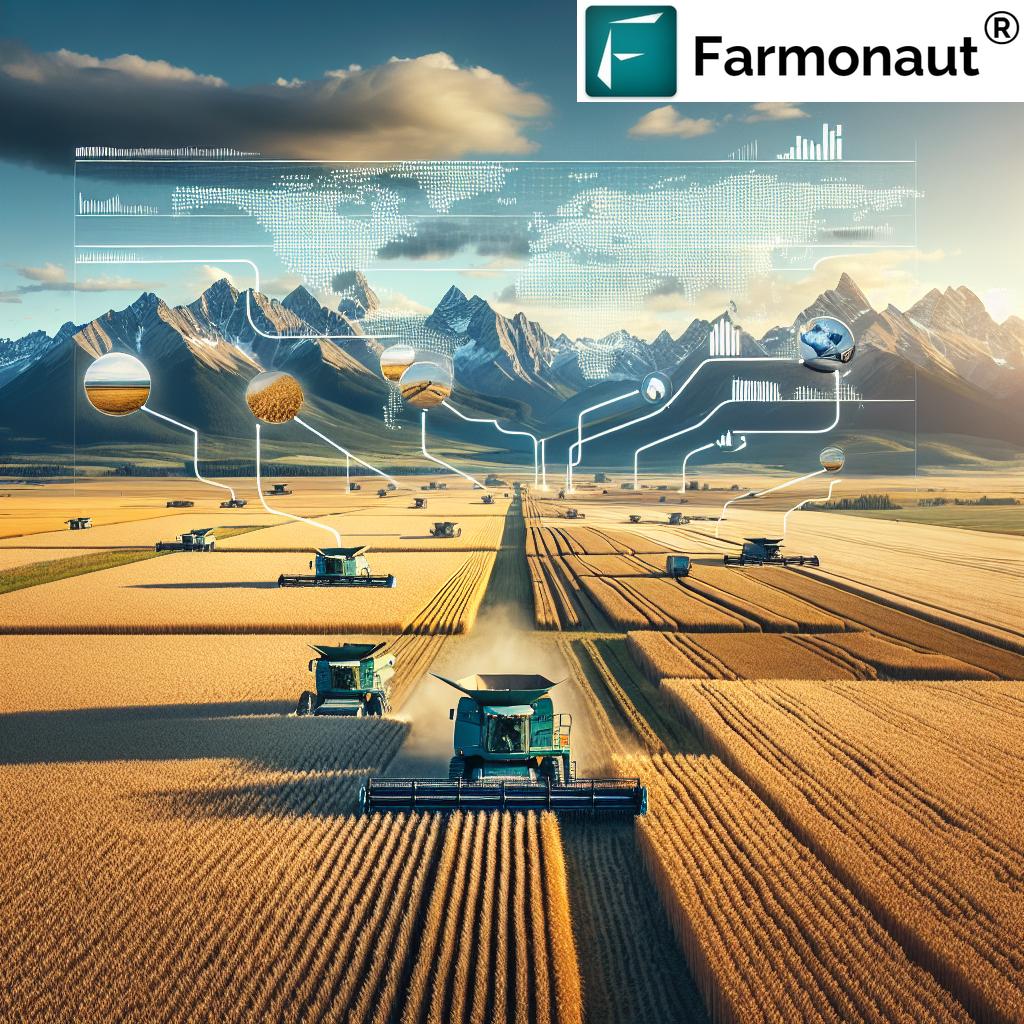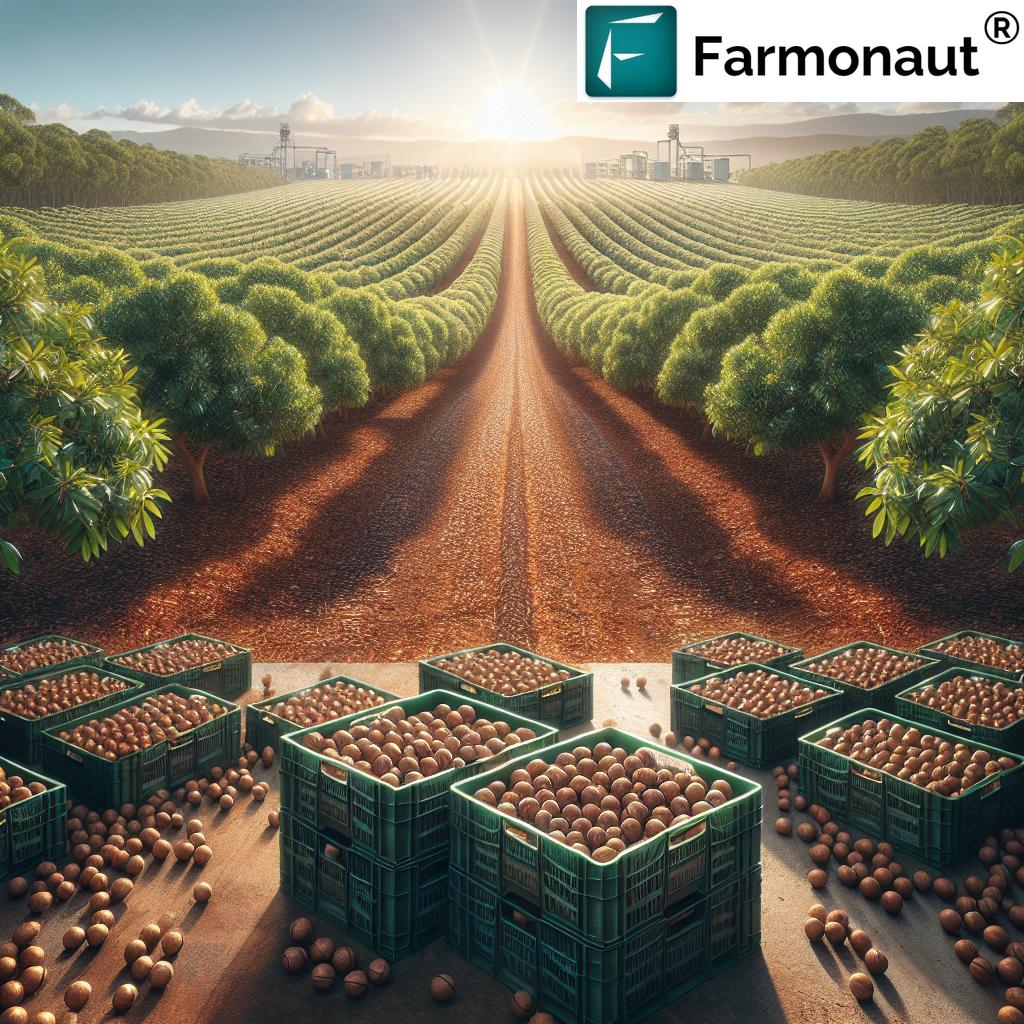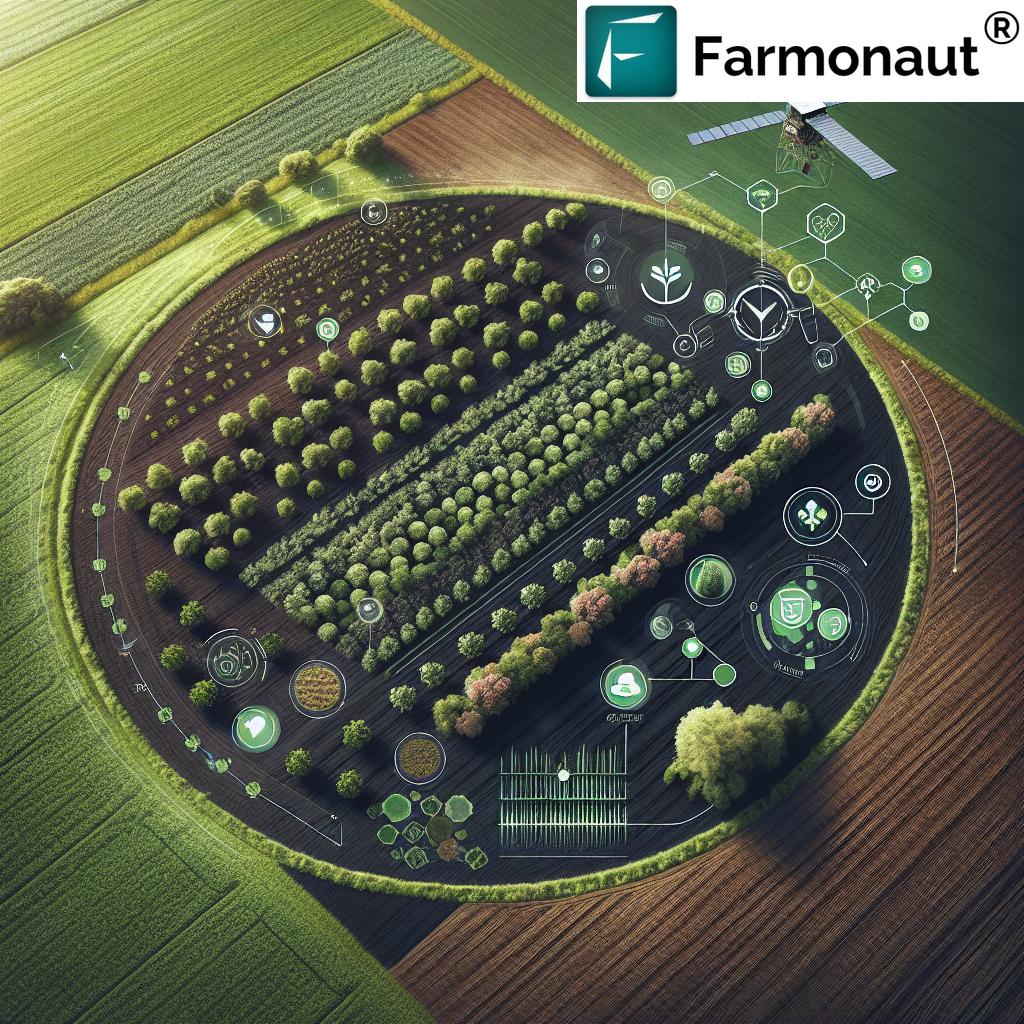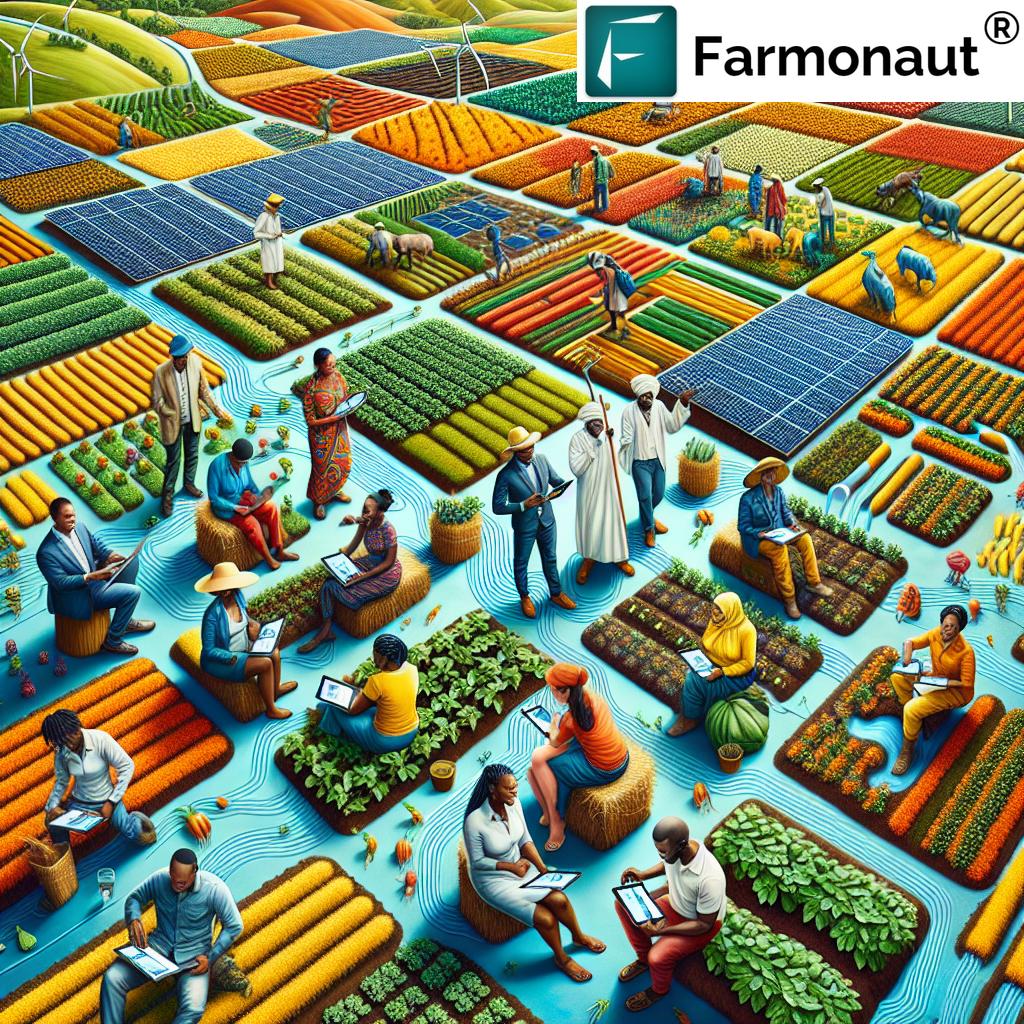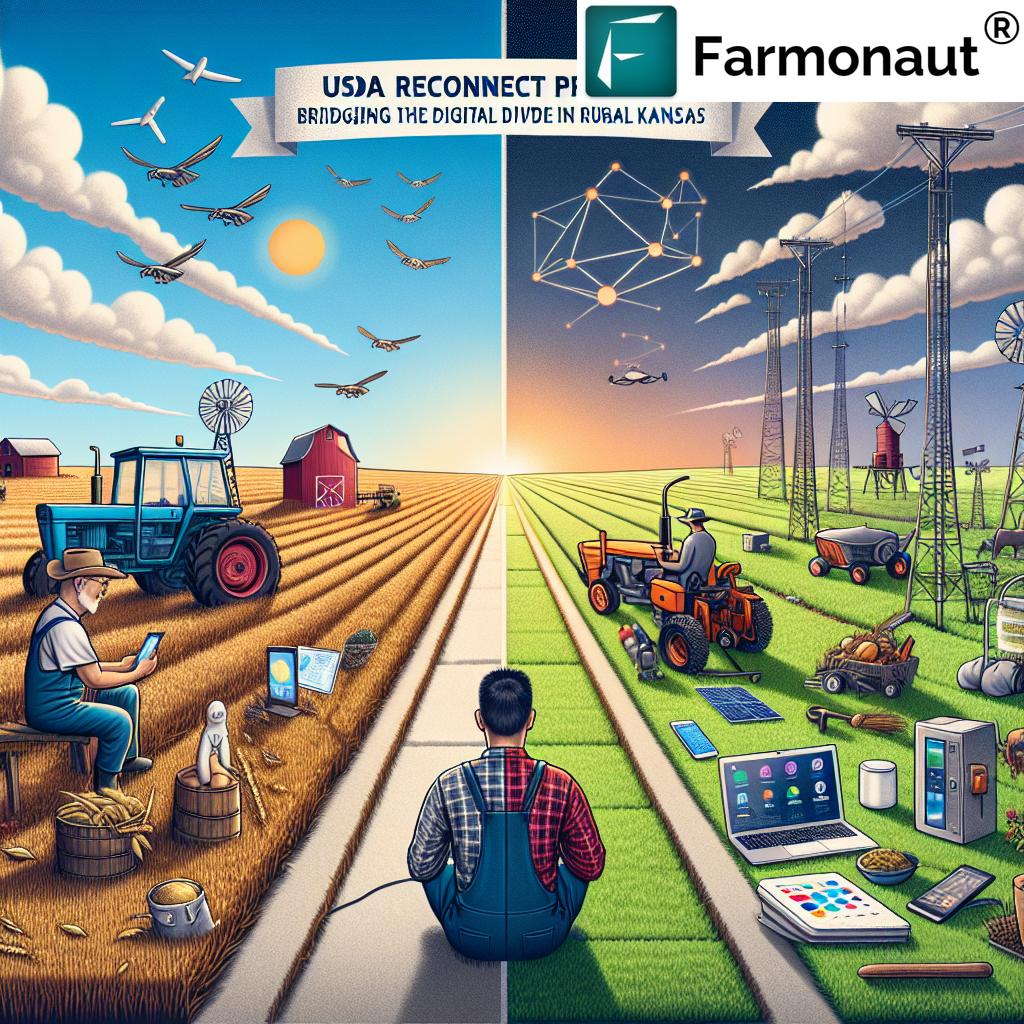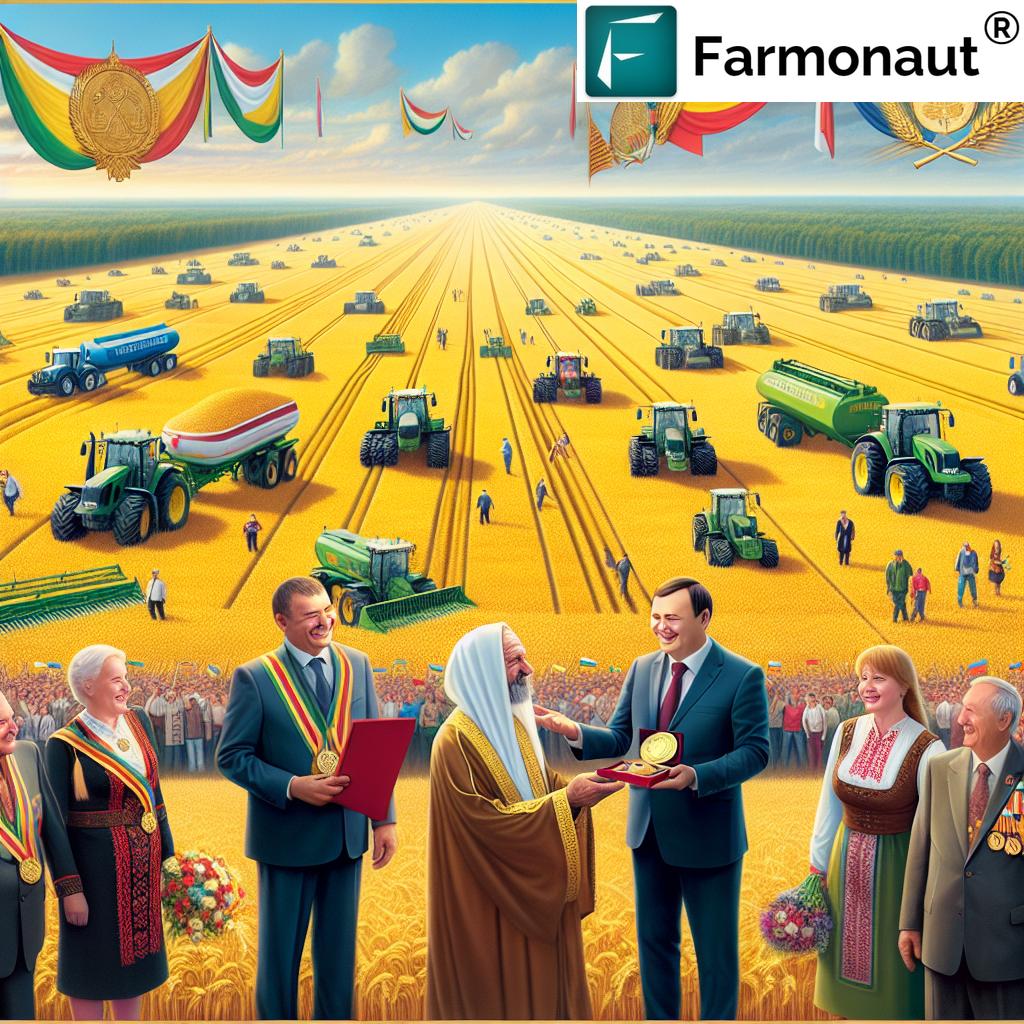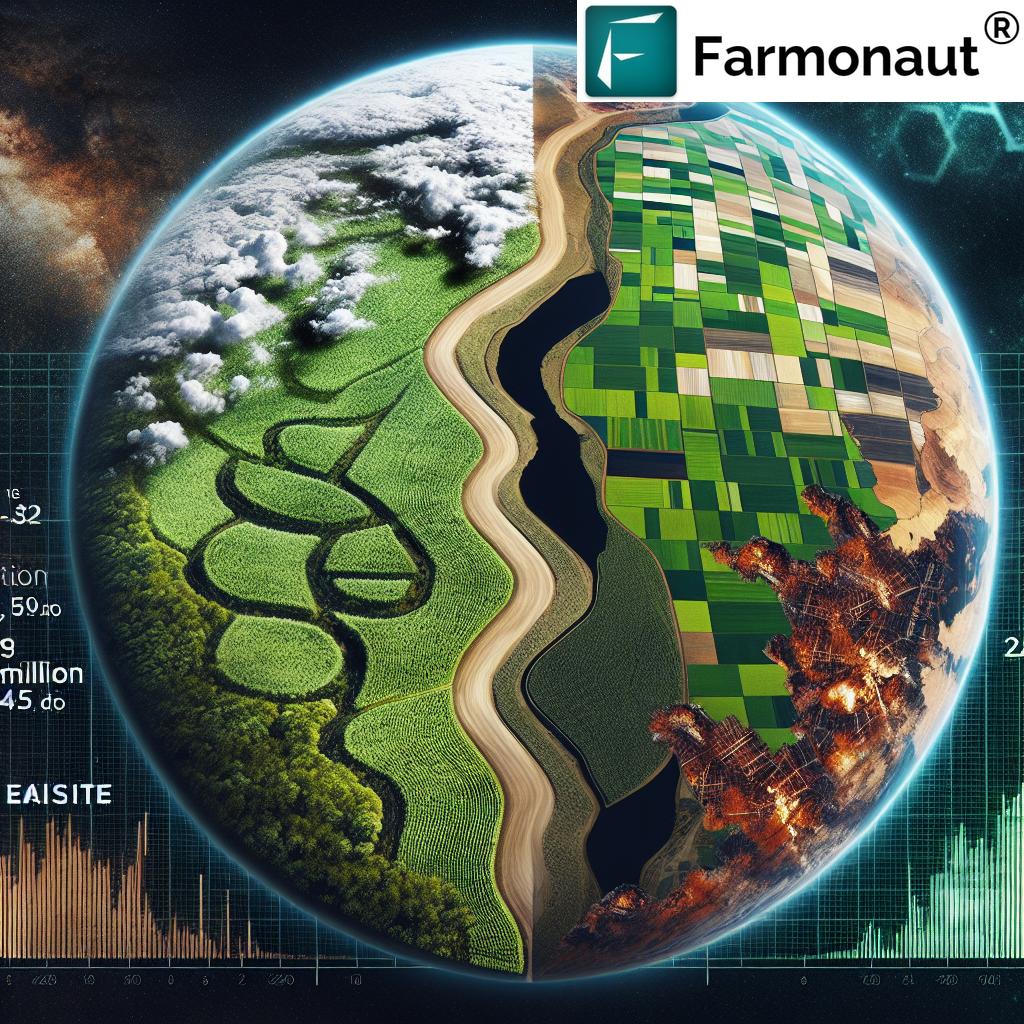Unveiled: Danone’s Bold Shift to Asian Soy Amidst EU Deforestation Crackdown
In a groundbreaking move that’s set to reshape the global soy industry, French dairy giant Danone has announced a significant shift in its Danone soy sourcing strategy. The company has ceased sourcing soy from Brazil, opting instead for suppliers in Asia, a decision driven by the looming EU Deforestation Regulation. This bold move underscores the growing importance of sustainable soy supply chains and highlights the far-reaching impact of EU environmental compliance on food companies worldwide.
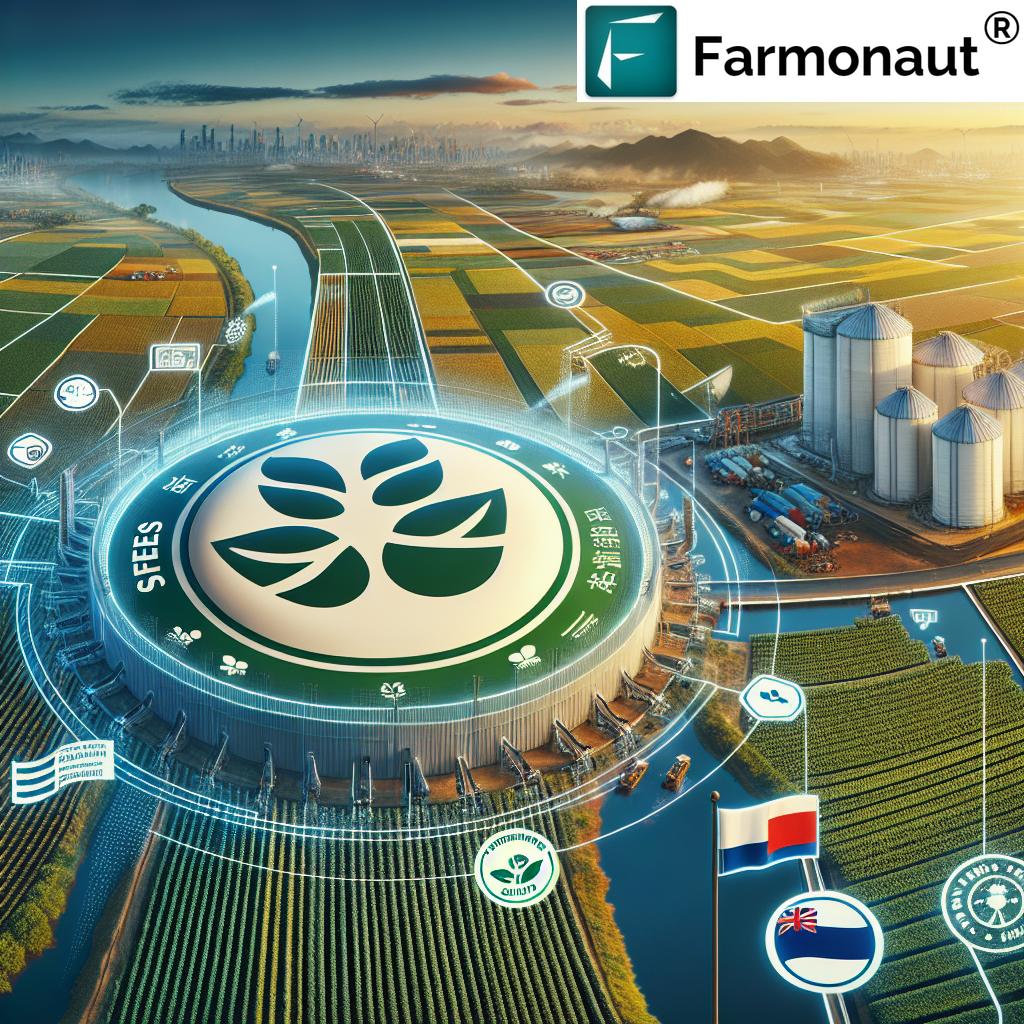
The Catalyst: EU Deforestation Regulation
The EU Deforestation Regulation impact has been profound, prompting major corporations to reevaluate their supply chains. Originally set to take effect on December 30, 2023, the regulation has been proposed for a 12-month delay. Nevertheless, companies are racing against time to ensure compliance and avoid potential fines of up to 20% of their turnover.
This regulation is part of a broader EU initiative to combat global deforestation, which accounts for approximately 10% of greenhouse gas emissions. By requiring companies to prove their products are not sourced from deforested land, the EU aims to promote agricultural sustainability and protect vital ecosystems.
Danone’s Strategic Pivot
Danone’s finance chief, Jurgen Esser, revealed to Reuters that the company has completely halted its soy sourcing from Brazil. “We don’t (source soy from Brazil anymore),” Esser stated, emphasizing that Danone is now “absolutely” importing soy from Asia instead. This shift marks a significant change in global soy production dynamics and highlights the company’s commitment to deforestation-free soy.
The company’s 2023 report disclosed that it used 262,000 tonnes of soy-based products for dairy feed and 53,000 tonnes of soybeans directly in manufacturing products like Alpro and Silk soymilk. Previously, Danone sourced soy from Brazil indirectly for animal feed, but this practice has now been discontinued.
The Rise of Asian Soy Imports for Dairy
Danone Asian soy sourcing represents a significant shift in the global soy market. While specific Asian countries were not named, this move could potentially benefit nations like India, China, and Southeast Asian countries with established soy industries. The transition to Asian soy imports for dairy feed demonstrates the company’s adaptability and commitment to maintaining a sustainable soy supply chain.
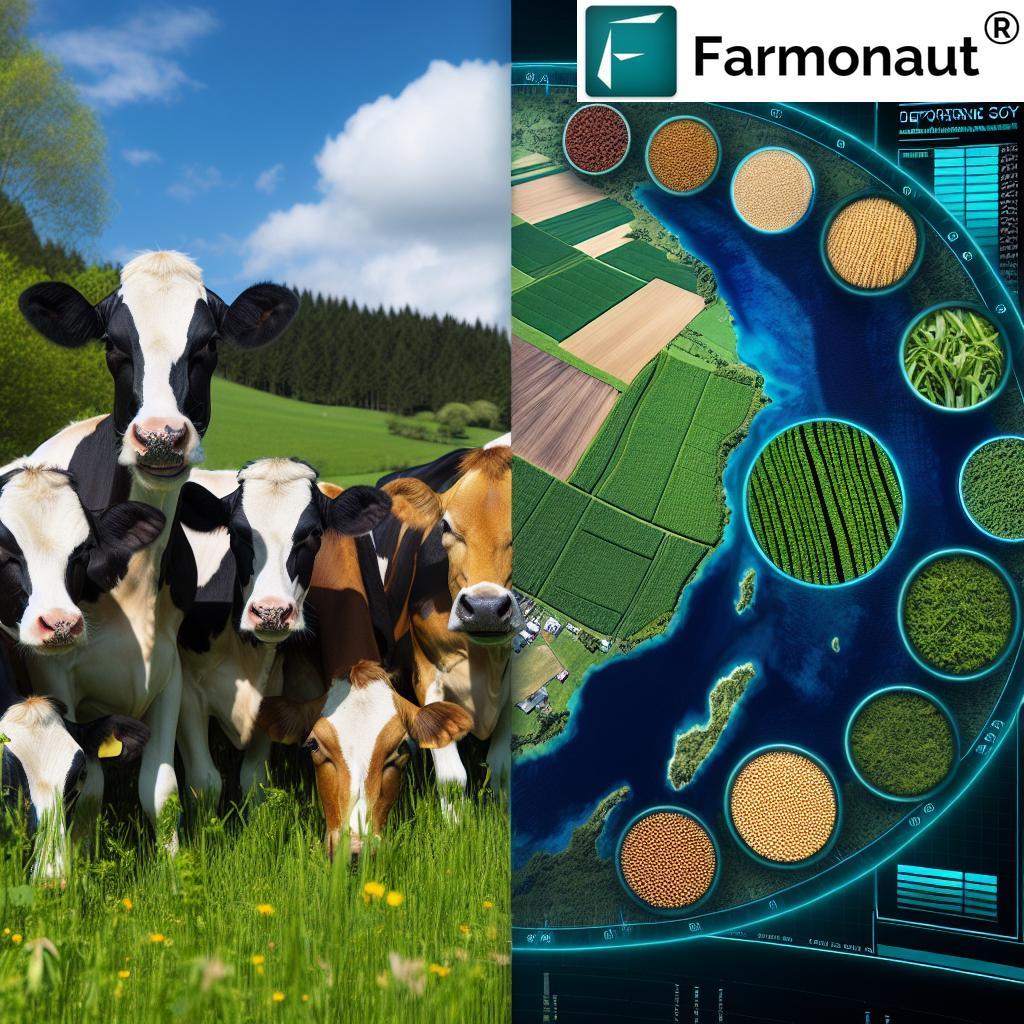
Impact on Global Soy Production
This strategic shift by Danone is likely to have ripple effects across the global soy industry. Brazil, the world’s largest soy producer, is forecasted to produce a record 170 million metric tons in its next harvest. However, as European companies seek Brazilian soy alternatives, the country’s exports are increasingly redirected to China, averaging over a million tons per week.
The global soy production shifts could lead to:
- Increased investment in soy production in Asian countries
- Potential price fluctuations in the global soy market
- Development of new trade routes and partnerships
- Greater emphasis on traceability and sustainability certifications
Challenges and Opportunities in Sustainable Sourcing
While Danone’s move is commendable from an environmental standpoint, it also presents challenges. Ensuring a sustainable soy supply chain across new sourcing regions requires robust monitoring and verification systems. Companies must invest in technology and partnerships to maintain transparency and traceability in their supply chains.
For agricultural technology companies like Farmonaut, this shift presents opportunities to provide innovative solutions for sustainable agriculture and supply chain management. Farmonaut’s satellite-based crop monitoring and analytics tools can play a crucial role in helping companies achieve EU environmental compliance and ensure deforestation-free soy production.
Explore Farmonaut’s solutions:
The Broader Impact on the Food Industry
Danone’s decision is part of a larger trend in the food industry towards sustainable sourcing. Other major players like Nestle and Unilever are also adapting their strategies to meet EU environmental compliance for food companies. This shift is driving innovation in deforestation-free dairy feed and pushing companies to reconsider their entire supply chain from farm to table.
Key considerations for food companies include:
- Developing robust traceability systems
- Investing in sustainable farming practices
- Collaborating with suppliers to ensure compliance
- Educating consumers about the importance of sustainable sourcing
The Role of Technology in Sustainable Agriculture
As companies like Danone strive for sustainable soy supply chains, technology plays an increasingly vital role. Satellite imaging, AI-driven analytics, and blockchain-based traceability systems are becoming essential tools in the fight against deforestation and unsustainable farming practices.
Farmonaut’s satellite-based API and developer documentation offer powerful solutions for companies looking to monitor and optimize their agricultural supply chains. These tools can help ensure compliance with regulations like the EU Deforestation Regulation while promoting sustainable farming practices.
Looking Ahead: The Future of Soy in the Global Food Industry
Danone’s bold move to shift its soy sourcing to Asia is likely just the beginning of a larger transformation in the global food industry. As companies adapt to stricter environmental regulations and growing consumer demand for sustainable products, we can expect to see:
- Increased investment in alternative protein sources
- Development of new, more sustainable soy varieties
- Greater collaboration between food companies and technology providers
- Expansion of regenerative agriculture practices
The journey towards fully sustainable soy supply chains and deforestation-free dairy feed is complex and challenging. However, with continued innovation, collaboration, and commitment from industry leaders like Danone, it’s a goal that’s within reach. As the global food industry evolves, companies that prioritize sustainability and embrace technological solutions will be best positioned to thrive in this new era of conscious consumption and stringent environmental regulations.
In conclusion, Danone’s shift to Asian soy sourcing represents a significant milestone in the food industry’s journey towards sustainability. It underscores the power of regulations like the EU Deforestation Regulation to drive meaningful change and highlights the critical role of technology in enabling this transformation. As we move forward, the collaboration between food companies, technology providers, and policymakers will be crucial in building a more sustainable and resilient global food system.





